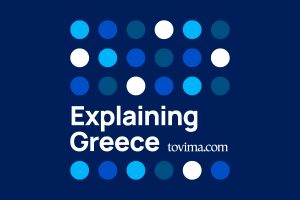A recent EU report showed that the rise in living costs is the main concern for 90 % of Europeans, with the cost of living in Greece being below the EU average.
According to official data. housing, water, electricity, gas, and other fuels accounted for 24.1% of household consumption in the EU in 2022, the largest share among other expenditures. Food and non-alcoholic beverages followed at 13.6%, and transport costs at 12.5%.
While the ranking of these categories has remained consistent over the past two decades, their relative shares have changed over time.
Housing shares between 2002 and 2022 increased from 21.1% to 24.1%, driven by a surge in housing prices and energy costs.
During the Covid pandemic, the proportion of household spending on housing surged across nearly all countries, reaching record highs. The specific category’s share peaked in 2020 at 25.6%. However, as the pandemic eased in 2022, so did costs.
In terms of percentage change, the share of health expenditures increased by 22%, compared to a 14% increase in housing.
The change in housing shares between 2002 and 2022 differed among countries, with Ireland reporting the steepest rise of 7.1%, followed by Spain and Italy with increases of 6.3% and 5.4%, respectively.
In 10 EU countries, the increase surpassed 4%, highlighting a widespread upward trend across the region.
Regarding the cost of living in Greece, the country recorded a percentage point increase of 1.9.
Contrastingly, several Eastern European countries, as well as Sweden and the UK, saw falls in the share of housing expenditures. Romania, in particular, experienced the most significant drop, with a reduction of 4.1%, while Bosnia and Herzegovina and Serbia also saw notable declines of 3.9 and 3.6 respectively.
The cost of housing as a percentage of total household spending varies significantly across Europe.
In 2022, Slovakia led the list, with more than 30% of household expenditure dedicated to housing way above the EU average of 24%. Finland and Denmark followed closely, with shares of 29.6% and 29.1%, respectively.
Greece found itself quote below the EU average at 19.2 %.
Other Southern and Eastern European countries such as Montenegro, Turkey, and Albania showed much lower shares, with Montenegro at just 11.6%, and Turkey and Albania at 12.4% and 12.5%, respectively.



